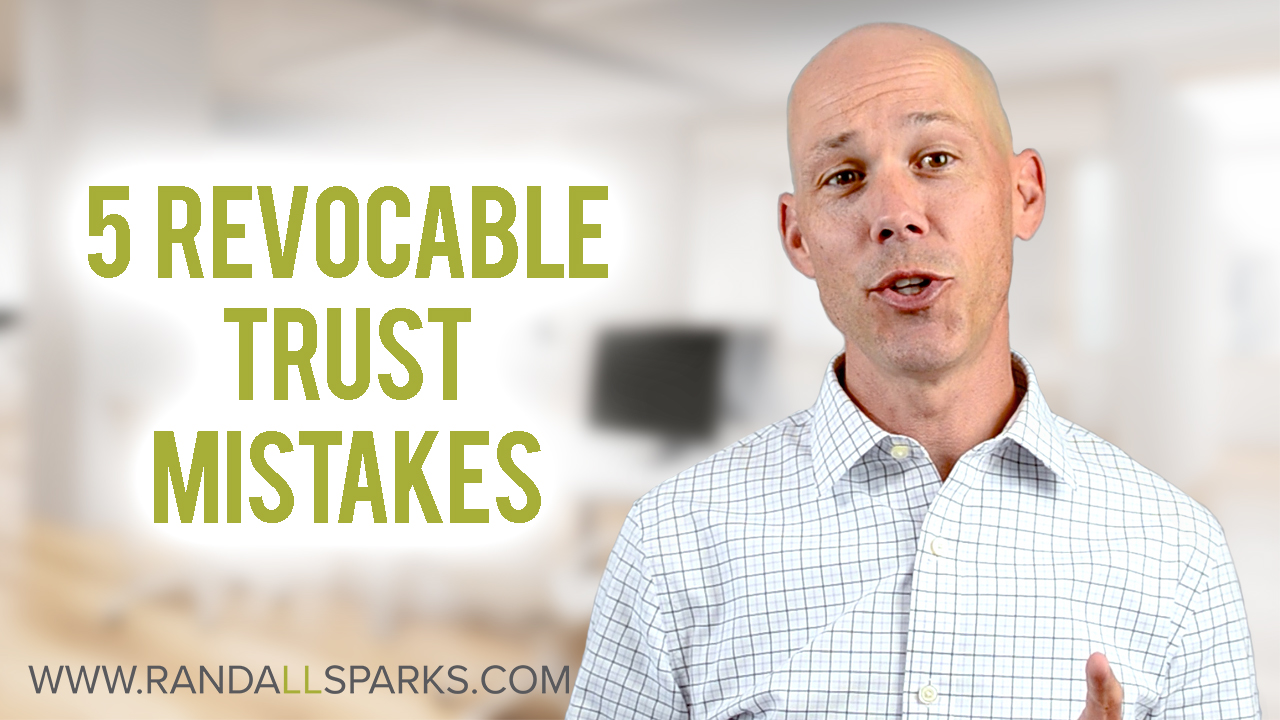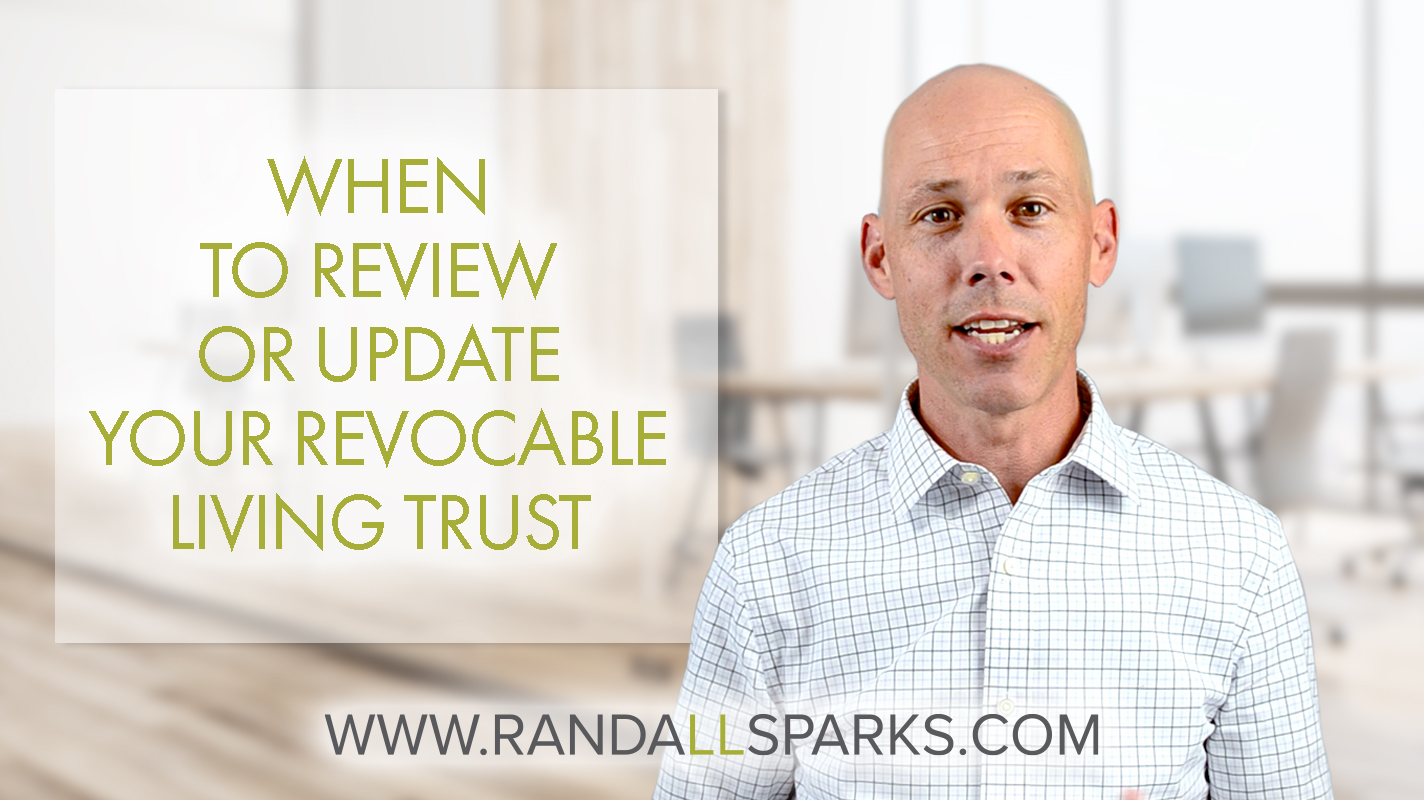Revocable trusts are amazing estate planning tools that most people need for estate planning. Having reviewed hundreds of trusts over the years, here are 5 Common Revocable Trust Mistakes I see people make.
1. Not Funding Your Revocable Trust
Funding the trust means titling assets in the name of the trust. One of the many benefits of a trust is to avoid probate upon death. Step one is to create the trust. Step two is to fund the trust. Failure to do so leaves your heirs with the stress and expense of probate proceedings. Properly funding your trust can also take advantage of maximizing tax savings. Real estate is one of the main assets that should be titled in your trust. Some assets/accounts may name the trust as a beneficiary (e.g., life insurance or certain accounts). Your attorney should assist you with titling assets in your trust.
2. Putting Property in a Child’s Name
As mentioned above, it’s important to title property in the trust name to avoid probate and ensure that your inheritance plan can be maximized. Some people think it would be easier to simply put their home in their child’s name now to make estate planning simpler. This is actually worse for you and your child. By putting the home in your child’s name now, you no longer have control. If you keep living in the home, and your child has a lawsuit or bankrupt, the home could be lost. Additionally, your child will pay more tax if they sell the home later. When you make a gift of property during lifetime, your tax basis transfers to the recipient. It’s far better for your child to inherit the property upon your death because the income tax basis steps up to the fair market value at the time of your death.
3. Thinking Your Revocable Trust Protects Assets From Creditors
Revocable trusts are not asset protection trusts. Your revocable trust has many benefits making it a valuable and much-needed estate planning tool. However, during your lifetime, it does not protect the assets from creditors. If creditor protection is something important to you, you should look into other options such as umbrella insurance or an asset protection trust.
4. Drafting Your Own Revocable Trust
I’ve reviewed countless trusts over the years prepared both by attorneys or by online do it yourself platforms, and sometimes wholly written by the clients themselves. A common thread I see when reviewing a do it yourself trust is that it doesn’t give the client what they think they’re getting, or worse. In the best cases when I review a do it yourself trust, the document on its face actually seems pretty good. But when I explain to the client what the trust does, they are surprised because they thought that the inheritance plan they expected was much different. Even worse is where I see provisions added, removed, or not even contemplated, which result in adverse tax consequences or protective ways to pass assets to children/descendants.
5. Not Reviewing Your Revocable Trust
Your trust is sort of like your car in that it requires periodic maintenance. Even the most beautifully created and funded trust will need periodic reviews to ensure that everything is working properly and up to date. For example, you may change your mind about who you want to be your successor trustees or how you want to divide assets upon death. You may have changed circumstances such as new assets or business ventures. Here are a few circumstances where you should consider reviewing your trust. Changes in major assets, changes in laws (your attorney should also notify you of this), changes in family circumstances (divorce, problem children, disabled children, etc.), changes in how you want to divide assets upon death, changes in who you want to be successor trustee. We recommend that every year or so, you review your trust and make sure assets are properly titled. This will help you remember how it works and determine if that’s how you still want it to work. Remember that reviewing your trust doesn’t necessarily mean you need to make changes. A review is like checking the oil in your car. If the oil levels look good, you can keep on driving. But if you’re a little low, you need to add a quart or two and sometimes change the oil completely.
I hope this list of 5 common revocable trust mistakes helps you make better planning decisions. A qualified attorney can help guide you through the process, so you have peace of mind knowing that you’ve avoided these and other common mistakes. You deserve it, and your heirs will thank you.







Get Social